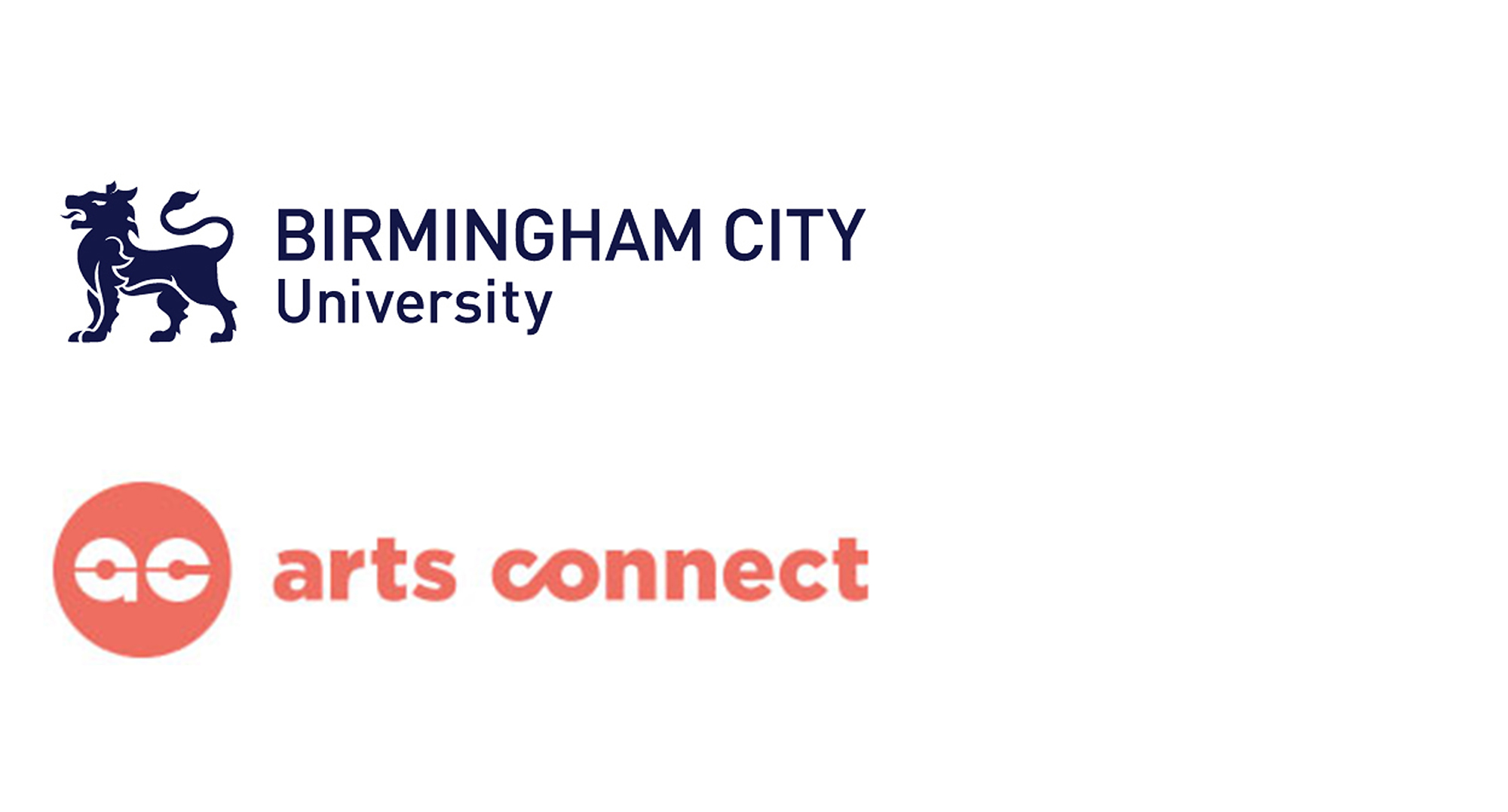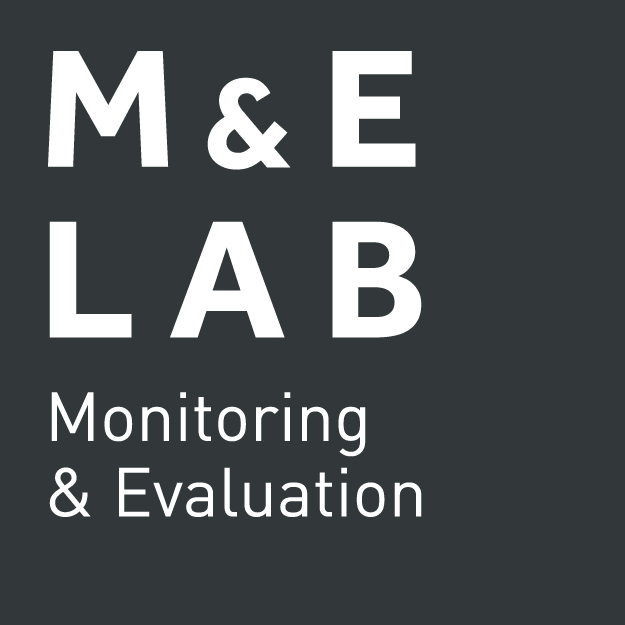Cultural Landscapes
Overview:
Cultural Landscapes was a research project commissioned by Arts Connect, a ‘Bridge’ organisation for the West Midlands that seeks to reduce the inequality gap and improve the access and engagement of children and young people in arts and culture. The project saw the creation of a data visualisation tool for mapping cultural engagement and provided an analytical and critical perspective on the current cultural provision. Through exploring the challenges of using data visualisation as a methodology for supporting cultural organisations, the research addressed issues including the quality, availability and use of data by arts and cultural education providers. Cultural Landscapes also highlighted the challenges and limitations of data visualisation as a means of analysing cultural engagement with impact implications for policymakers and cultural organisations.

Methods:
Our aim with the project was to interrogate the development of a methodology for collecting and presenting data as a means of addressing inequalities in children and young people’s cultural engagement. In creating a data visualisation tool, we were concerned about the robustness of the data, the ‘story’ it presented, and how this was used and interpreted by cultural organisations. Our approach was to gain an overview of existing data, including data collected by Arts Connect from Arts Award and Artsmark, to establish a baseline position. This initial scoping informed a pilot data visualisation of the quantitative data and an opportunity to engage with potential users, which included 25 arts organisations.
Working with a data and information designer, a visualisation tool was developed to display the existing and crowdsourced data. A dissemination workshop was then delivered at BCU for the partner organisations to find out about the context of the project and use the tool in a discursive space. Feedback was gathered by researchers about how the tool could be used strategically, its value and potential uses, along with how it could be improved. Based on our findings from the scoping activity, initial case study, and workshop, we proposed to address the need to produce further case studies, using publicly available information and by collecting new data.
Outcome:
Our work with Arts Connect informs cultural organisations and policymakers exploring data visualisation as a methodology for capturing inequalities in cultural engagement. Research and development work involving the creation of a tool for collecting, analysing and sharing data, has allowed the testing of a methodology comprising drawing on existing datasets, collecting new data and presenting that through an interactive visual tool. The testing phase demonstrated several outcomes for Arts Connect and their partners – relating to collaborative working practices, especially when working with data and new tools – which will enable those involved to make evidence-based changes for future projects. Dissemination of the Cultural Landscapes project has also has attracted interest from others in the sector seeking to develop a similar tool, and the sharing of experiences and knowledge gained will allow others to build on innovative projects such as this

Testimonial:
We worked with M&E Lab at the research and development stage of the Cultural Landscapes project. Their work helped us to navigate both the initial creation of a data visualisation tool for mapping cultural engagement and the wider issues of working with big data. Combined with finding from their evaluation and events such as the M&E Lab dissemination workshop, this has enabled the on-going development of the project which continues to be a success for Arts Connect and our partners, and is providing the kinds of insights to inspire collective action to promote cultural opportunity and greater equity for young people in our region.
Rob Elkington, Director, Arts Connect


